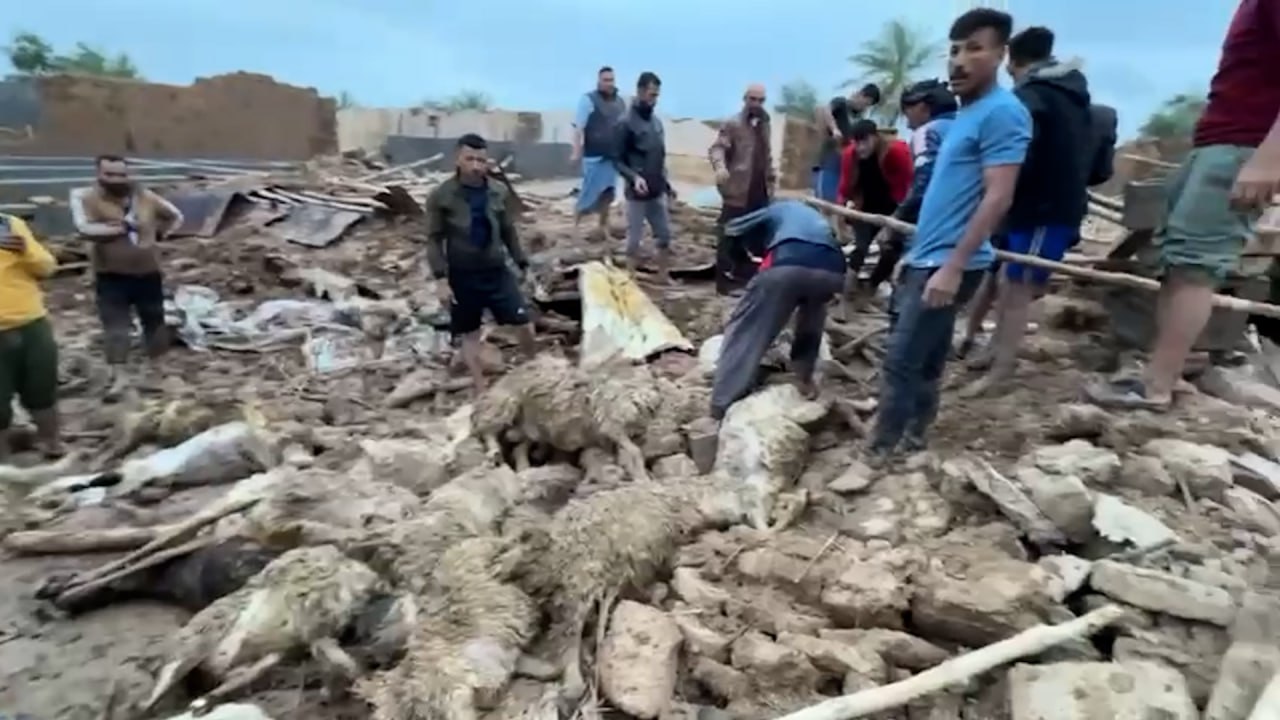Iraq: COVID-19 Situation Report No. 14, 1 June 2020
This report was produced by OCHA Iraq in collaboration with humanitarian partners and from news sources
KEY MESSAGES
• 6439 confirmed cases of COVID-19 as of 1-June-2020
• 205 fatalities confirmed due to COVID-19 as of 1-June-2020
• 3156 patients who have recovered from the virus
• Strict curfew measures and movement restrictions re-imposed for a one-week period
• $16.9 million in COVID-19 funding received under the GHRP
SITUATION OVERVIEW
As of 1-June, the World Health Organization (WHO) has confirmed 6439 cases of COVID-19 in Iraq; 205 fatalities; and 3156 patients who have recovered from the virus. Approximately 11 per cent of the cases have been recorded in the Kurdistan Region of Iraq (KRI), the remainder have been in federal Iraq. Nearly 228,000 COVID-19 tests have been carried out in both federal Iraq and KRI. The number of confirmed cases has risen over 80 percent in the last two weeks, from 3554 cases on 18-May to 6439 cases on 1-June. On 31-May, the KRI documented its highest ever number of daily cases (104).
During the period of Ramadan and around the celebration of Eid Al-Fitr, the Government of Iraq (GOI) and the Kurdistan Regional Government (KRG) relaxed enforcement of the stringent movement restrictions which had been in place for several weeks. Although curfews were nominally still applicable during certain hours, there were widespread anecdotal reports of crowded public spaces—including markets and shopping malls—which appeared to be confirmed on social media. In response to the notable increase in daily confirmed cases over the past two weeks (which may be also attributable in part to more comprehensive testing), the GOI and KRG re-imposed strict lockdown measures from 31-May to 6-June.
During this period, government offices are closed, only essential businesses (bakeries, pharmacies) are permitted to remain open, and security actors are instructed to take measures to prevent large gatherings. In a press release, the WHO urged Iraqis to follow the instructions of the health authorities to contain the spread of COVID-19 and encouraged authorities to strictly apply the lockdown measures in parallel to intense testing of suspected cases through contact tracing and active surveillance. The closure of airports throughout Iraq has been extended until 7-June.
UN agencies have scaled up their support to the GOI and KRG over the past month as the country continues to contend with COVID-19, including increased assessments of the impact of the virus on vulnerable populations. IOM has partnered with a leading Iraqi organization advocating for the rights of disabled persons, to draw increased attention to how the pandemic may be particularly challenging for people with disabilities and other marginalized populations, due to disrupted services and limited transport options. UNICEF has collaborated with the major telecommunication companies in federal Iraq and KRI to distribute information on prevention of COVID-19 to 14 million people via messaging services in both Arabic and Kurdish. WFP is working with UNHCR and other partners to identify an additional 35,000 refugees and 10,000 IDPs who will be included in WFP food assistance programmes to help them cope with the impact of COVID-19. In parallel, UNHCR continued the distribution of hygiene cash assistance for a second month, supporting 550,000 refugee, internally displaced, and returnee members of the community. Refugees and IDPs are among the groups most affected by the pandemic in Iraq because they frequently depend on daily or seasonal employment to earn money. Much of this type of work has stopped amid lockdowns and precautionary measures.


